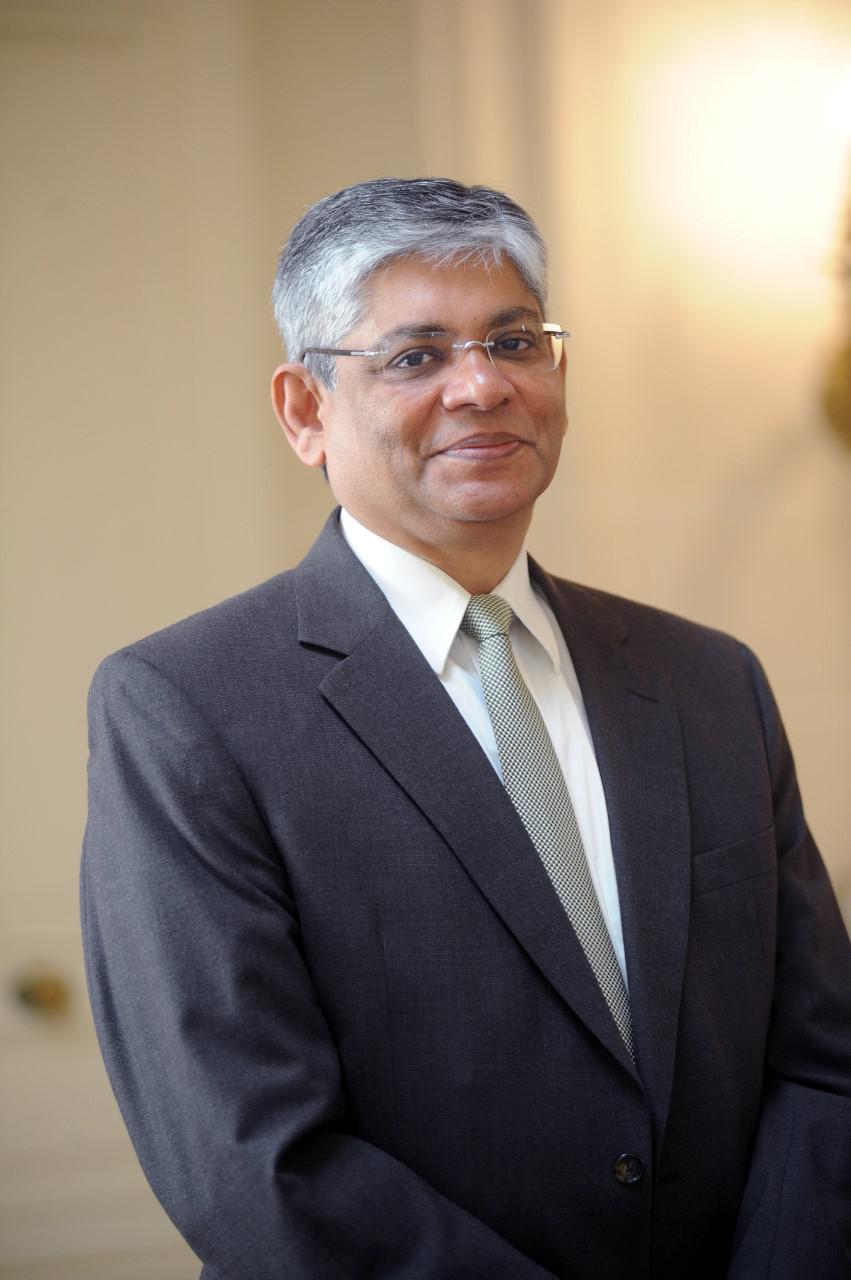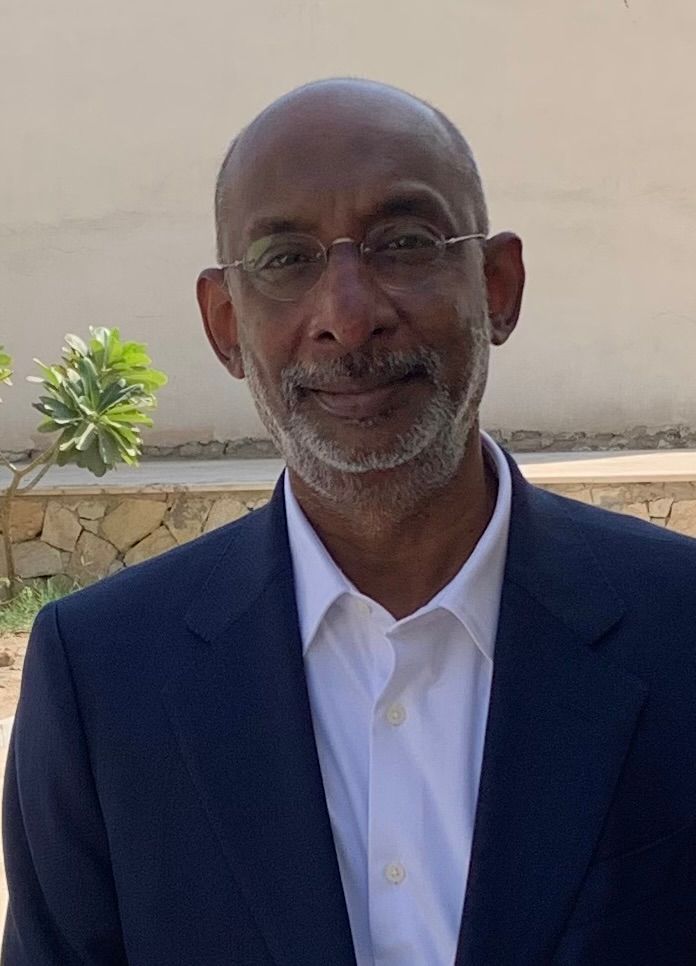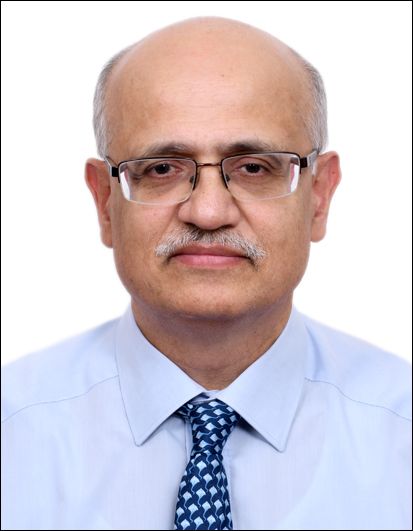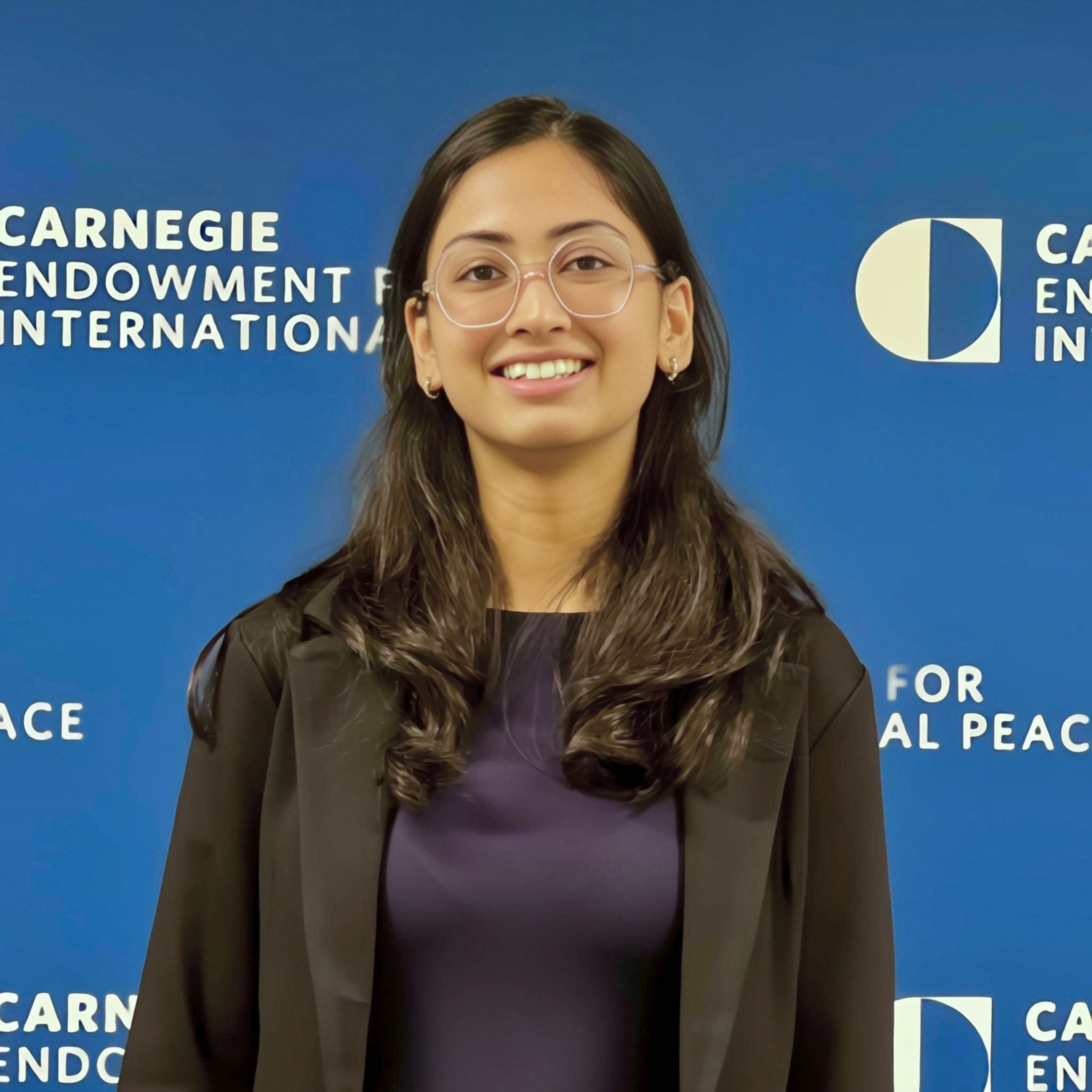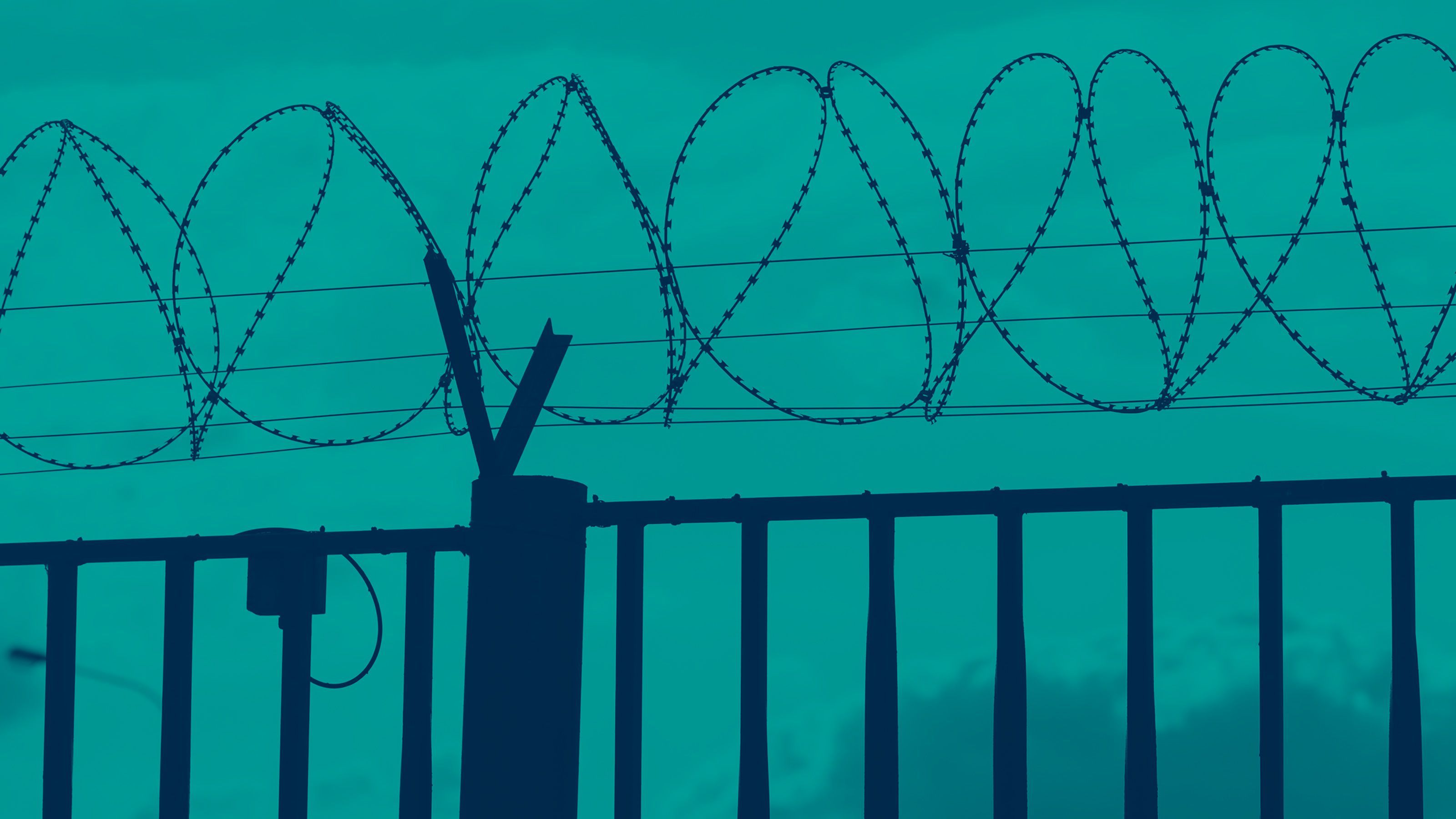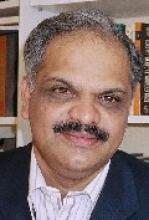Arzan Tarapore

Projects
Security Studies
About the Project
India’s evolving role in regional and global security is shaped by complex dynamics. Experts in the Security Studies Program examine India’s position in this world order through informed analyses of its foreign and security policies, focusing on the relationship with China, the securitization of borders, and the geopolitics of the Indo-Pacific.
Our Team
Arun K. Singh is a senior fellow at Carnegie India. He has extensive experience across the globe, including as India’s ambassador to the United States, Israel, and France.
Gaddam Dharmendra is a nonresident senior fellow at Carnegie India. He joined the Indian Foreign Service in 1990 and served in various capacities in Indian Missions across the world and at the Ministry of External Affairs, South Block. His overseas assignments include stints at Indian Missions in Tehran, Dushanbe, Washington D.C., and Dhaka.
Srinath Raghavan is a nonresident senior fellow at Carnegie India. His primary research focus is on the contemporary and historical aspects of India’s foreign and security policies.
Vijay Gokhale is a nonresident senior fellow at Carnegie India and the former foreign secretary of India. He has worked extensively on matters relating to the Indo-Pacific region with a special emphasis on Chinese politics and diplomacy.
Vrinda Sahai is a research analyst for the Security Studies program at Carnegie India. Her work focuses on India’s foreign and security policy in the context of the shifting strategic landscape of the Indo-Pacific.
Security Studies Dialogue
The Security Studies Dialogue brings together scholars and practitioners to discuss critical geopolitical issues and India’s policy responses to them. Held in a closed-door setting, the event attracts participants from across academia, think tanks, government, military, and industry. Previous editions of the dialogue have highlighted fresh perspectives of emerging analysts and young professionals.
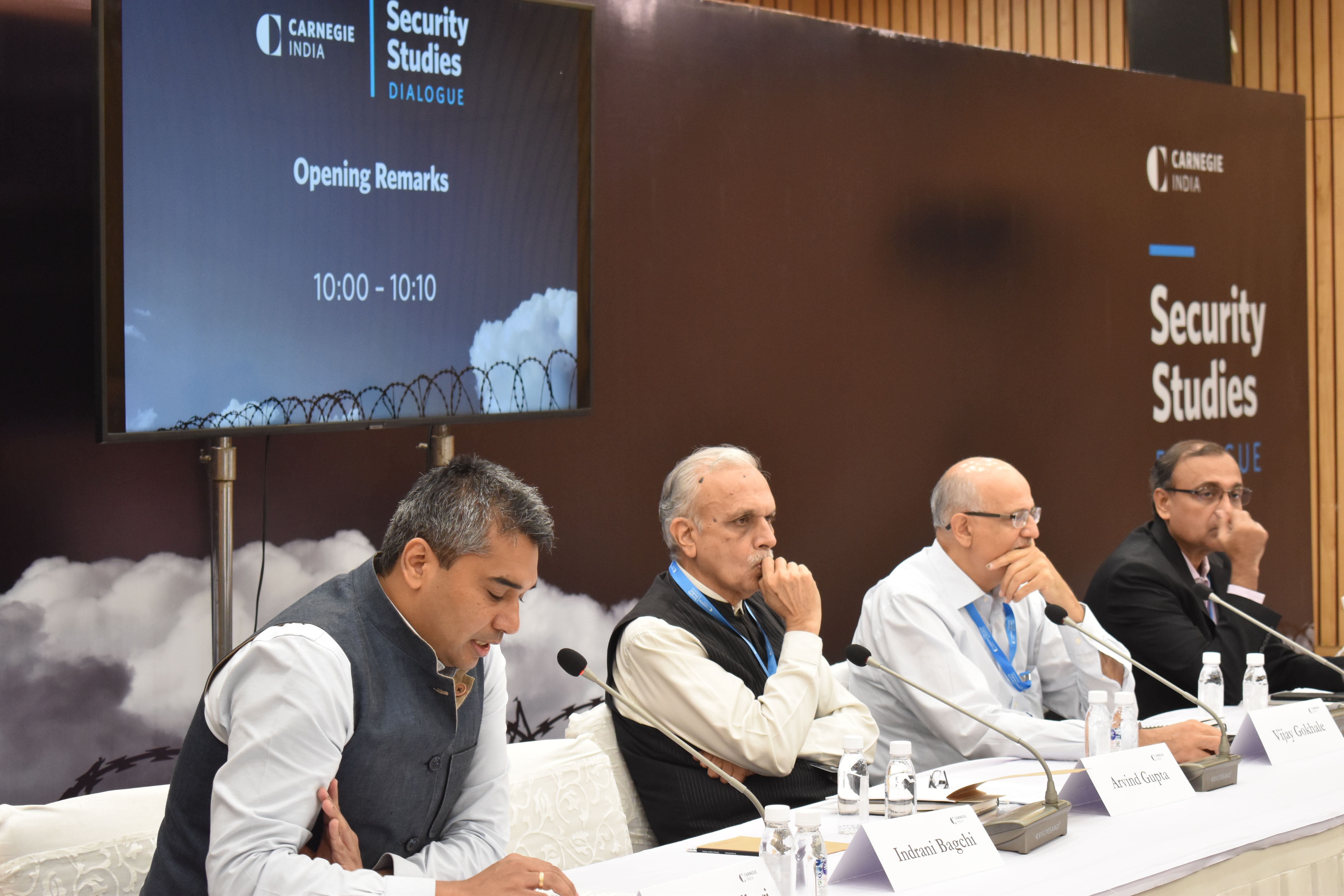
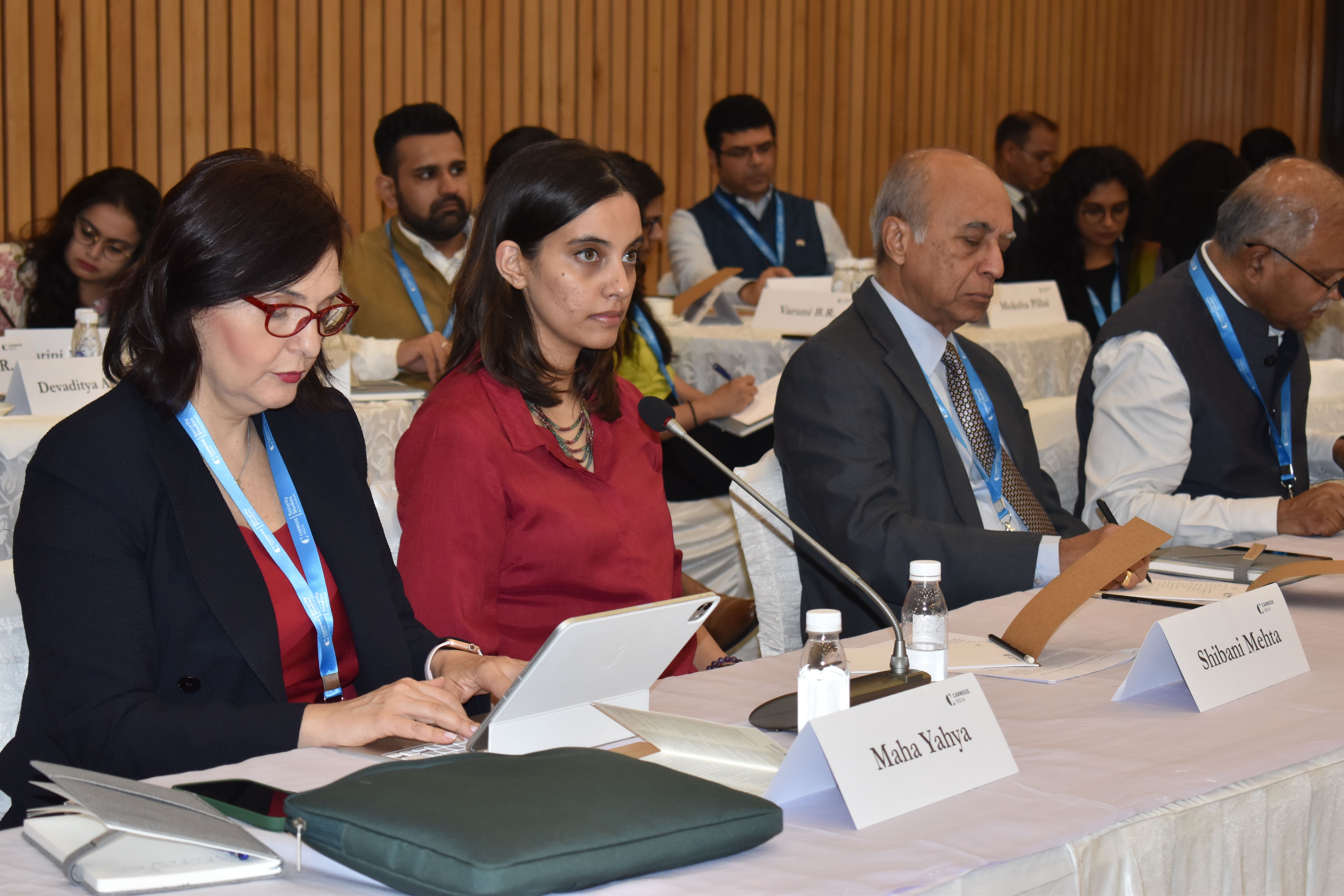
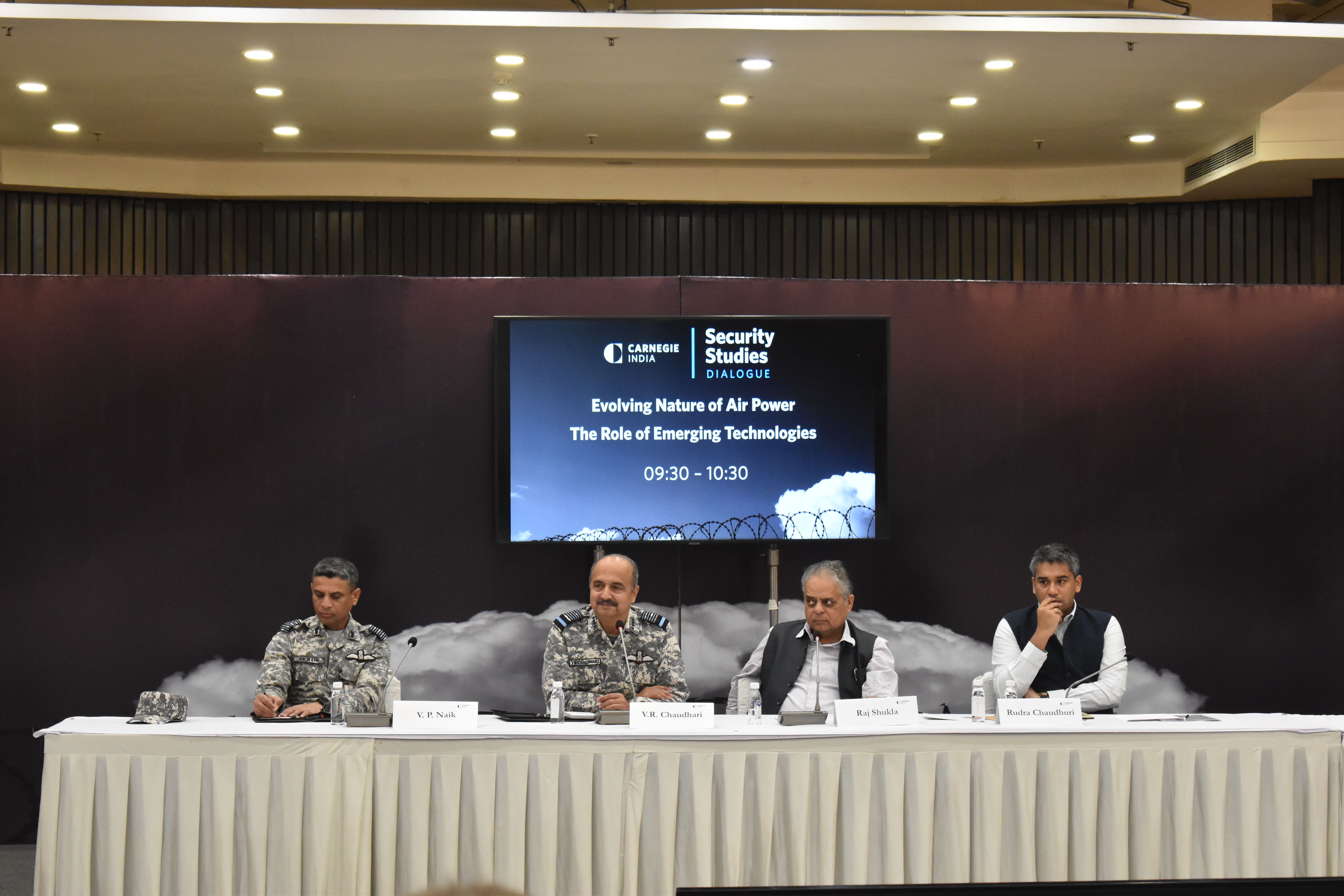
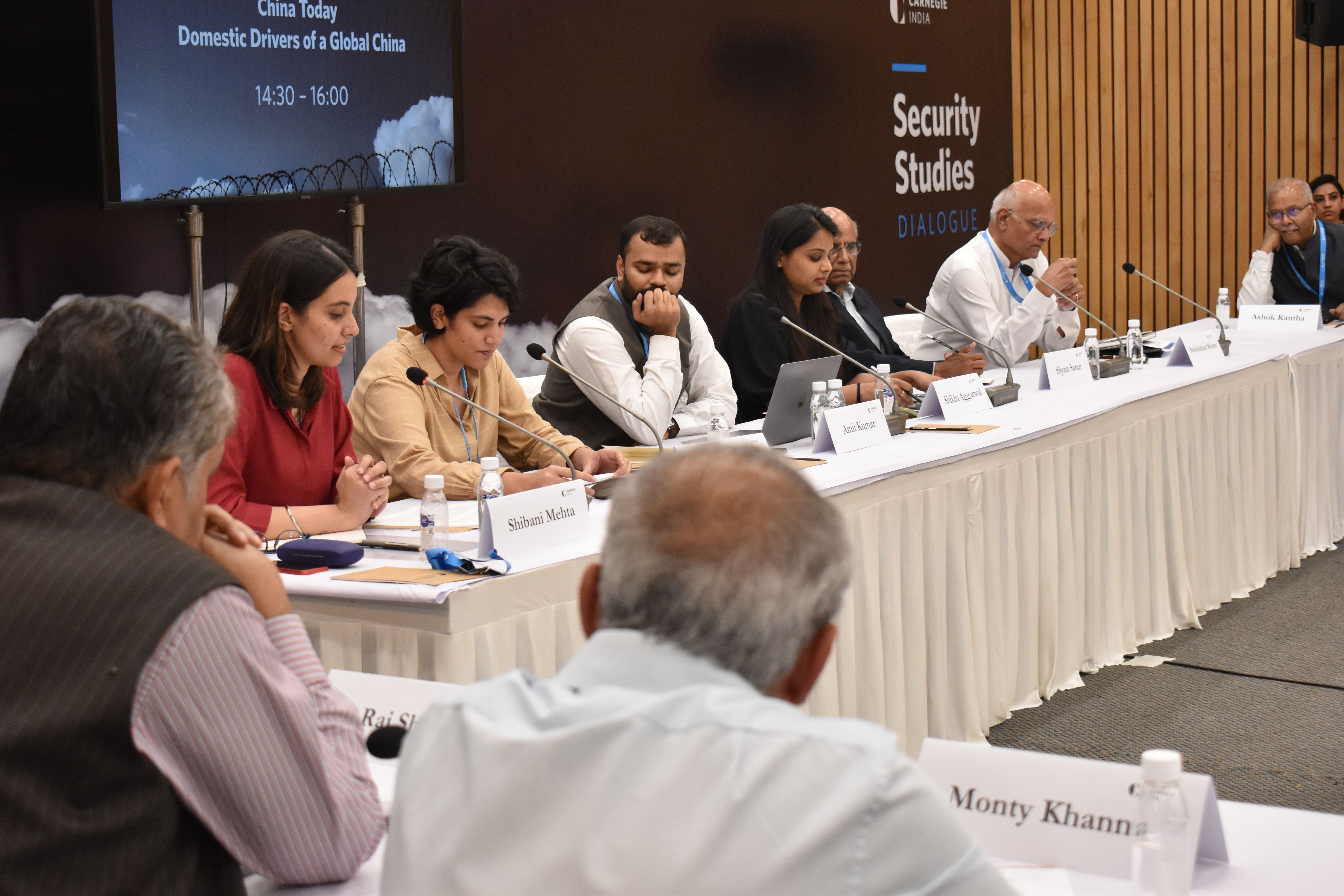
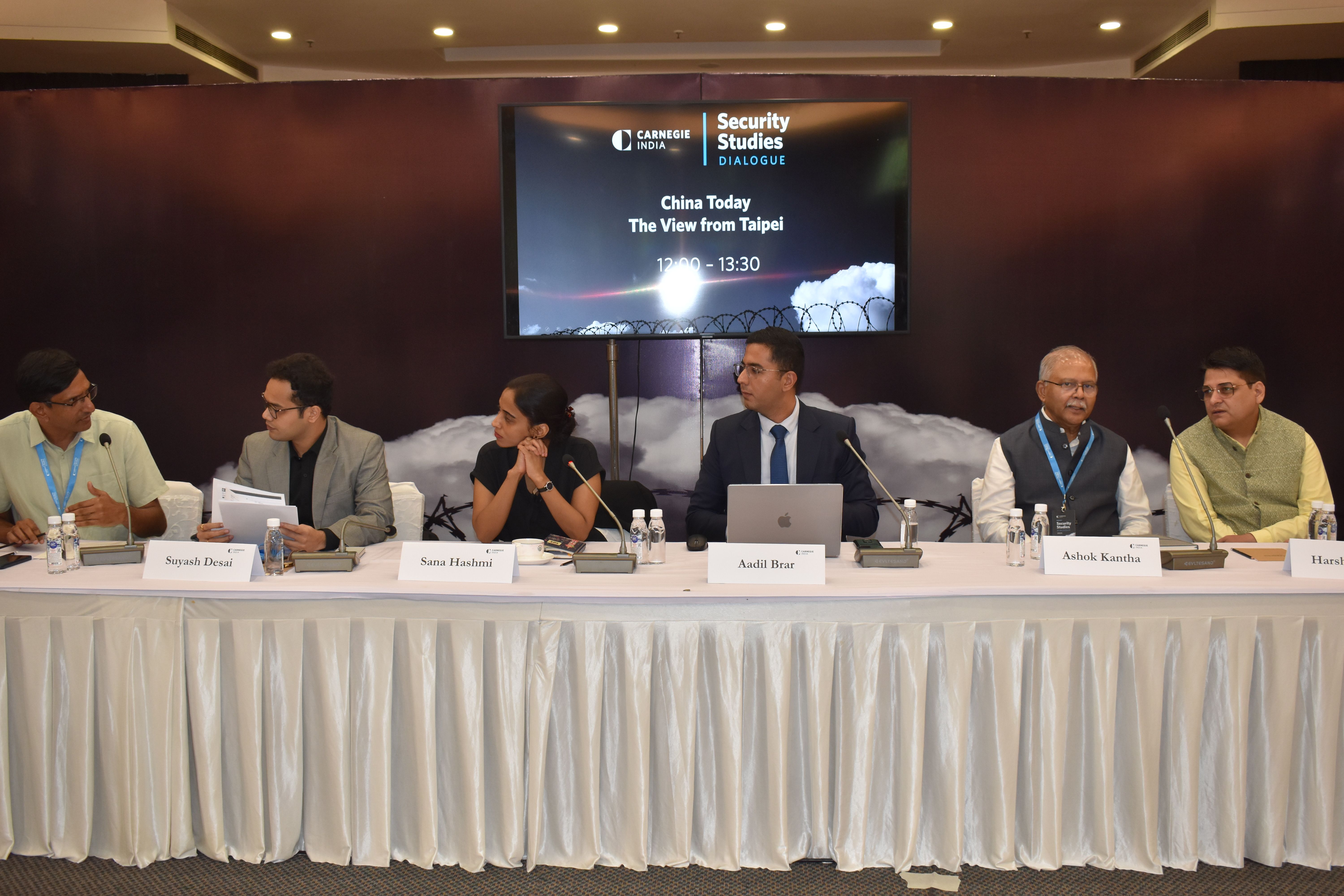
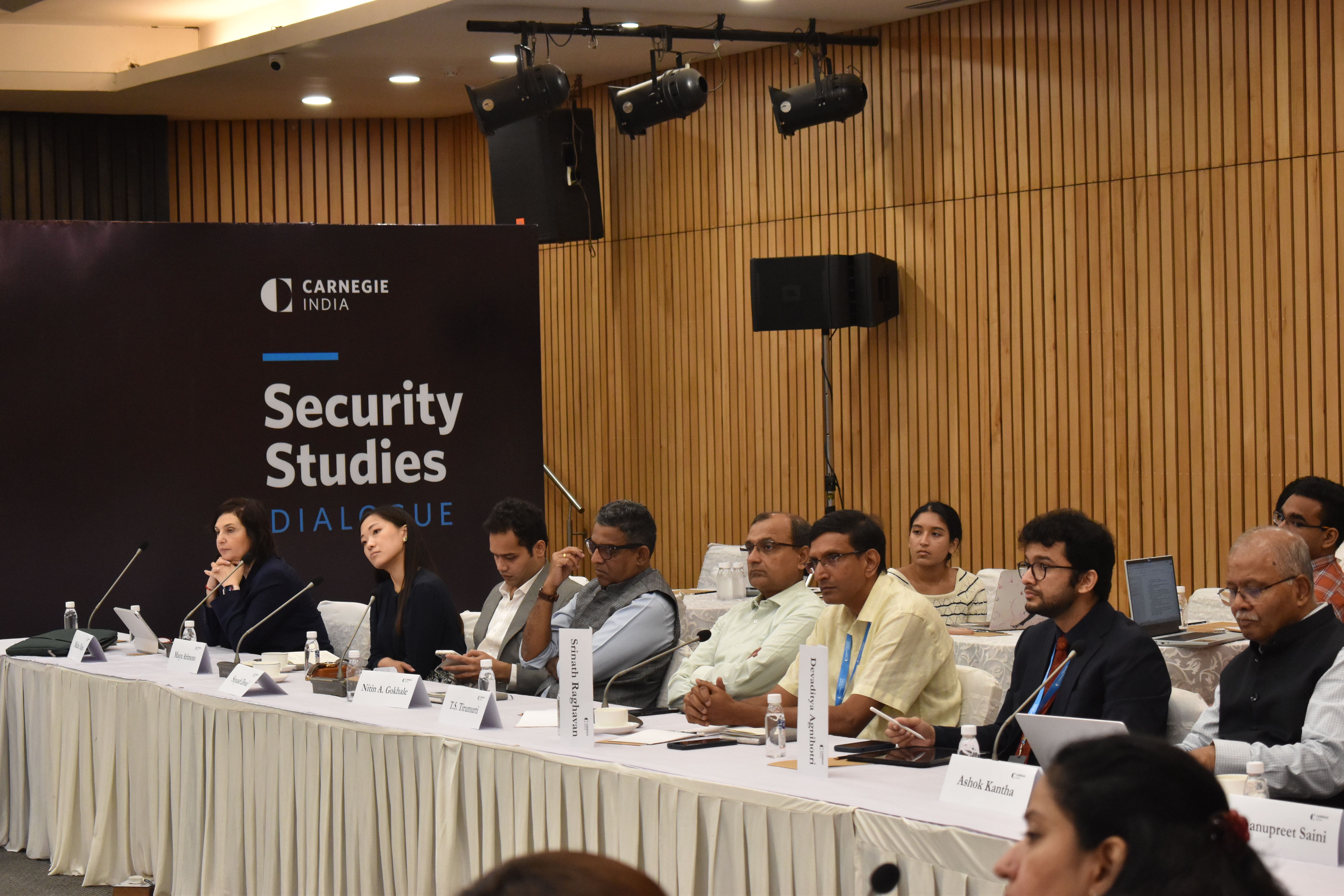
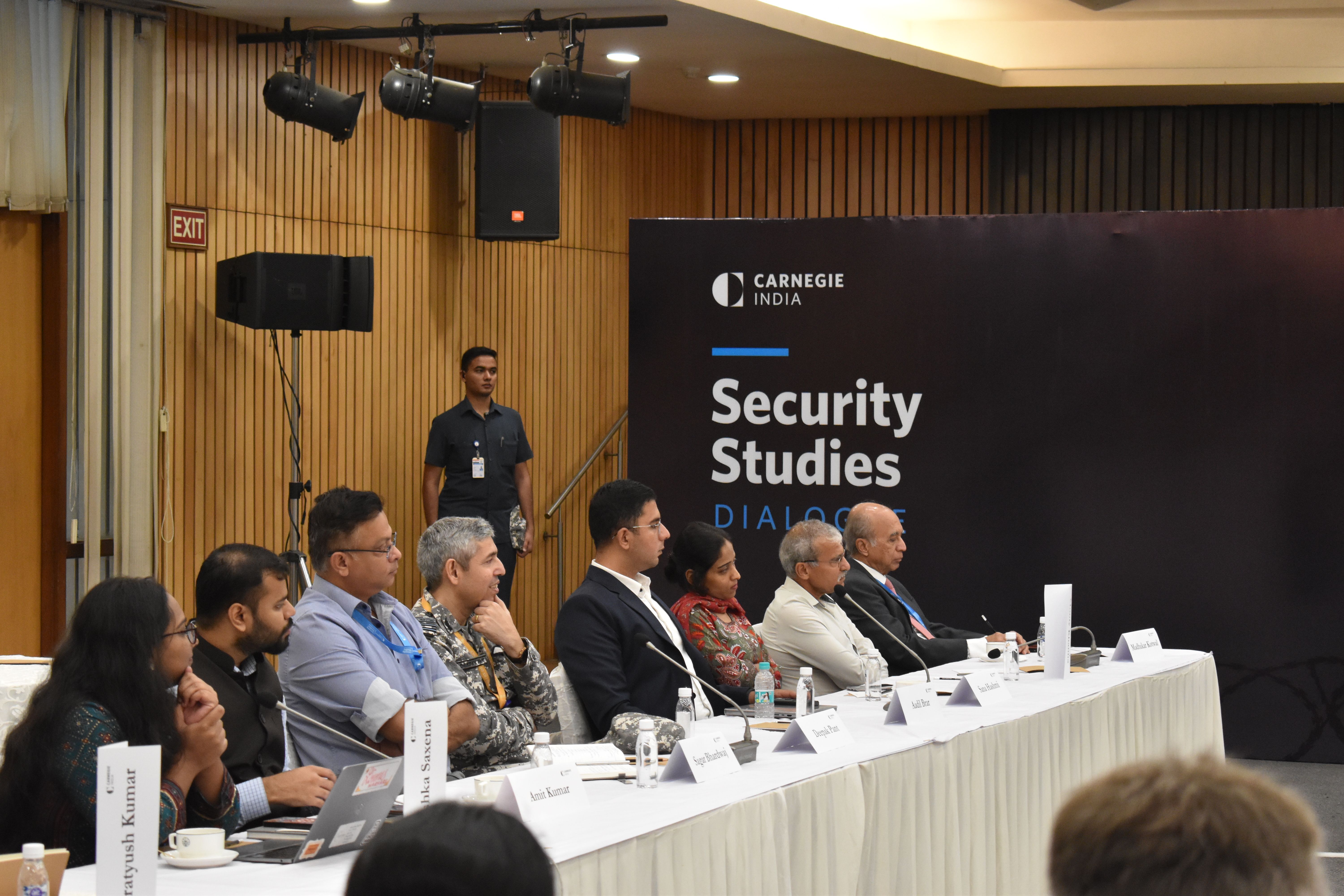
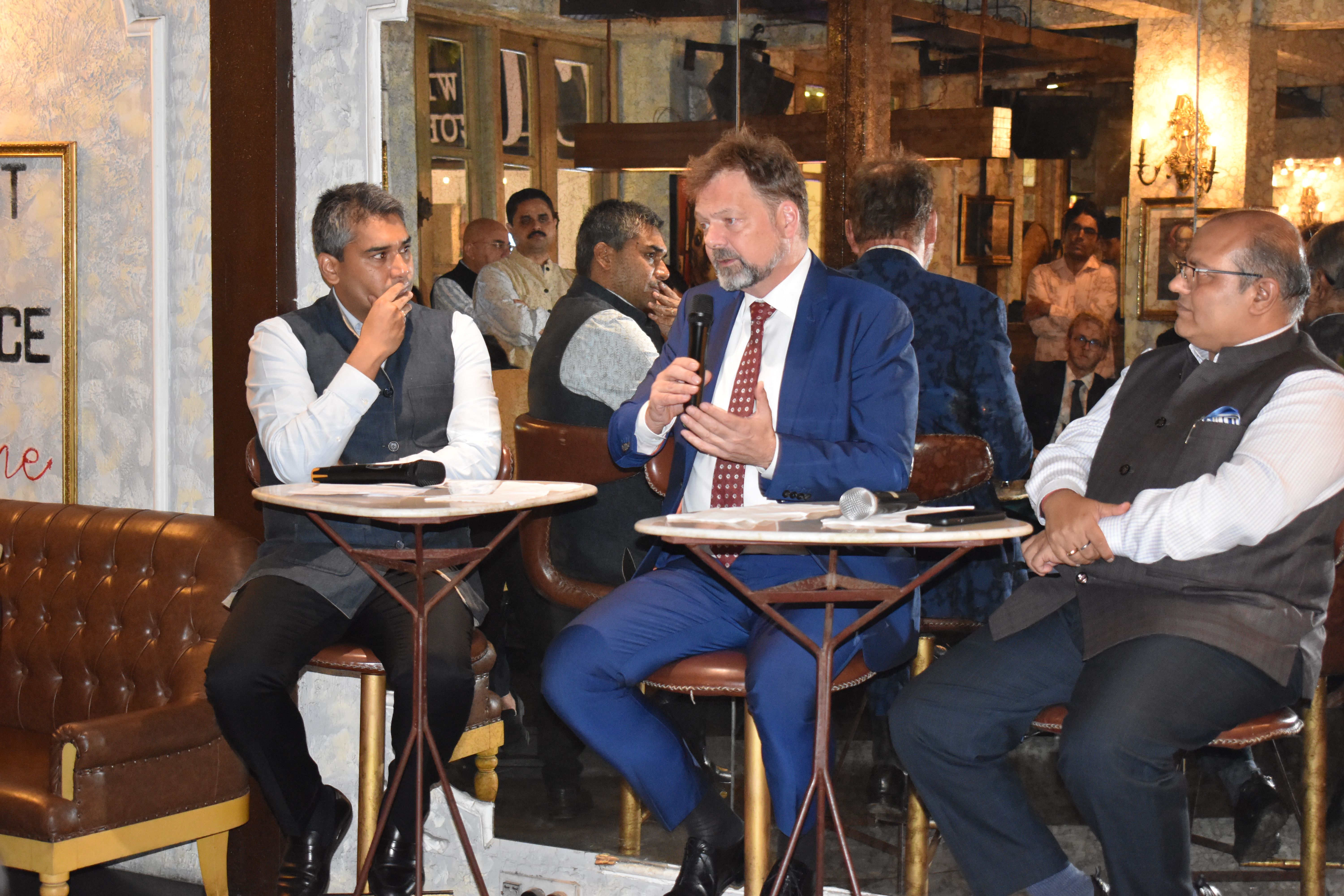
Security Studies Seminar
The Security Studies Program conducts a monthly seminar series to discuss a new piece of academic research on matters relating to Indian and international security.
Chaired by Srinath Raghavan, a nonresident senior fellow at Carnegie India, the series provides a platform for scholars to present their work to a curated audience including academics and policy practitioners. It aims to encourage exchange of ideas and purposeful dialogue between an author and the participants.
Rajesh Rajagopalan
Swapna Kona Nayudu
Anil Kumar Chawla
